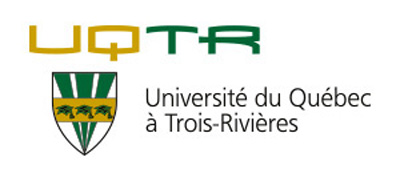Related projects
Discover more projects across a range of sectors and discipline — from AI to cleantech to social innovation.
Mitacs brings innovation to more people in more places across Canada and around the world.
Learn MoreWe work closely with businesses, researchers, and governments to create new pathways to innovation.
Learn MoreNo matter the size of your budget or scope of your research, Mitacs can help you turn ideas into impact.
Learn MoreThe Mitacs Entrepreneur Awards and the Mitacs Awards celebrate inspiring entrepreneurs and innovators who are galvanizing cutting-edge research across Canada.
Learn MoreDiscover the people, the ideas, the projects, and the partnerships that are making news, and creating meaningful impact across the Canadian innovation ecosystem.
Learn MoreHydroelectric dams are hallmarks of colonization in Canada, as they destroy food sources, homeland, habitation, and natural resources of Indigenous peoples. O-Pipon-Na-Piwin Cree Nation (OPCN), an Indigenous community in northern Manitoba, Canada, was flooded and forced to relocate from ancestral lands to a nearby settlement under such circumstances. Regaining strength from their inherent cultural values grounded in their relationship with the land, OPCN eventually formed a community-based food program called Ithinto Mechisowin Program (IMP) (‘food from the land’). This proposed research project intends to use participatory video methods to collect stories from community members for IMP to gain a nuanced understanding of Indigenous food systems in Canada. The project will teach participatory video to community members so that they can lead the program activities. The project will inspire reconnection with land by archiving stories and recipes related to traditional food and thereby improving access to culturally appropriate healthy food to achieve Indigenous food sovereignty, a common goal for both the community and the partner organizations which is Aboriginal Economic Development by demonstrating what is possible, and encouraging community members, and other communities to begin to take steps to strengthen their own food related economies, health and cultural integration.
Peter Kulchyski
Asfia Gulrukh Kamal
Tides Canada Initiatives Society
Resources and environmental management
Environmental industry
University of Manitoba
Accelerate
Discover more projects across a range of sectors and discipline — from AI to cleantech to social innovation.
Find the perfect opportunity to put your academic skills and knowledge into practice!
Find ProjectsThe strong support from governments across Canada, international partners, universities, colleges, companies, and community organizations has enabled Mitacs to focus on the core idea that talent and partnerships power innovation — and innovation creates a better future.













































































































































































































































































































